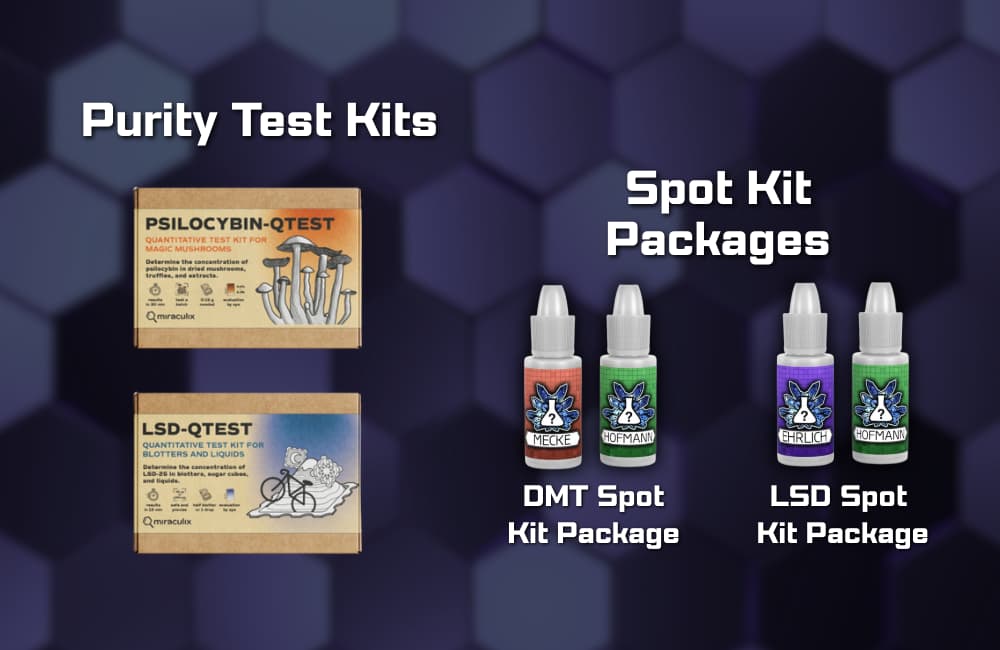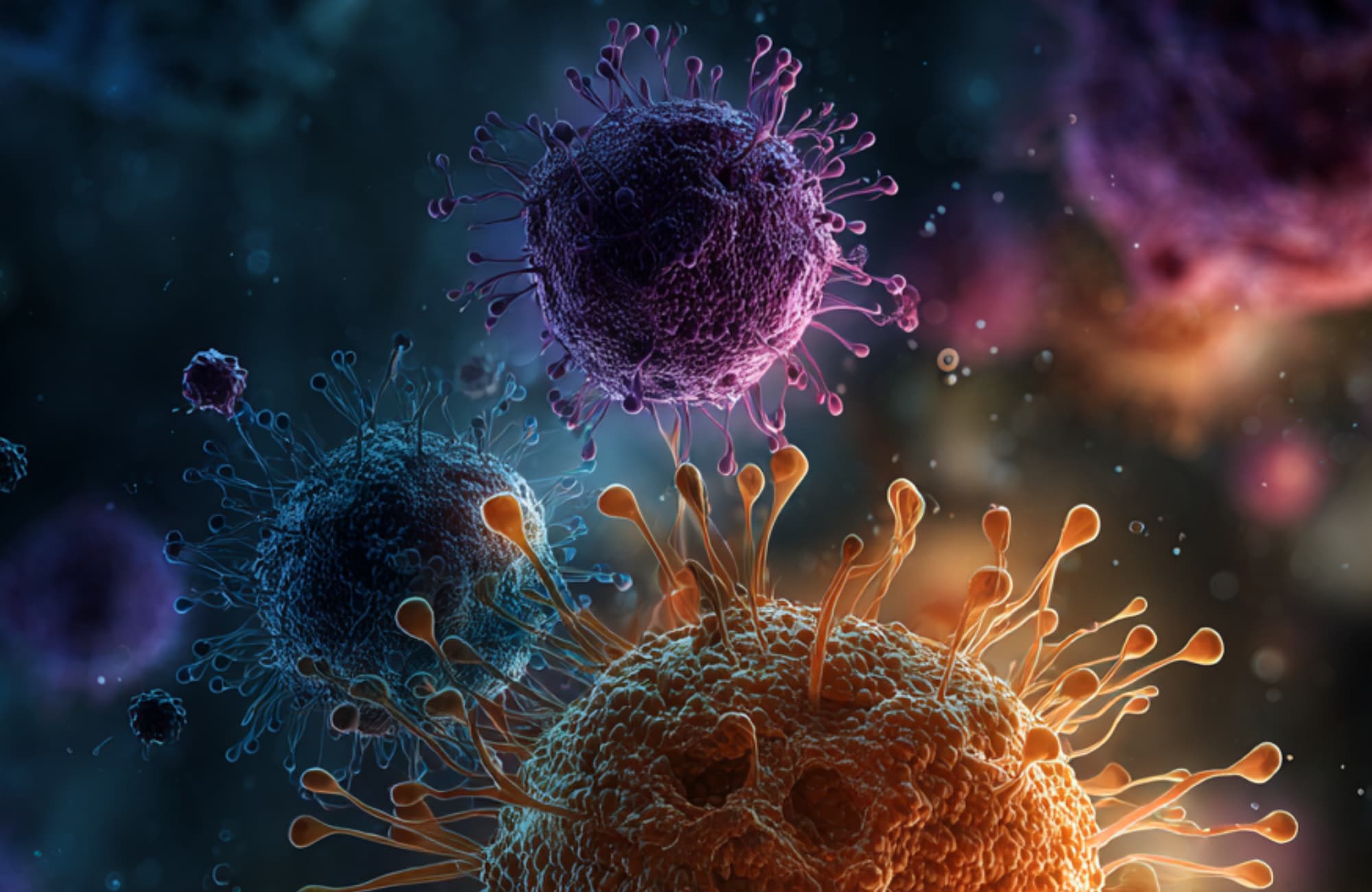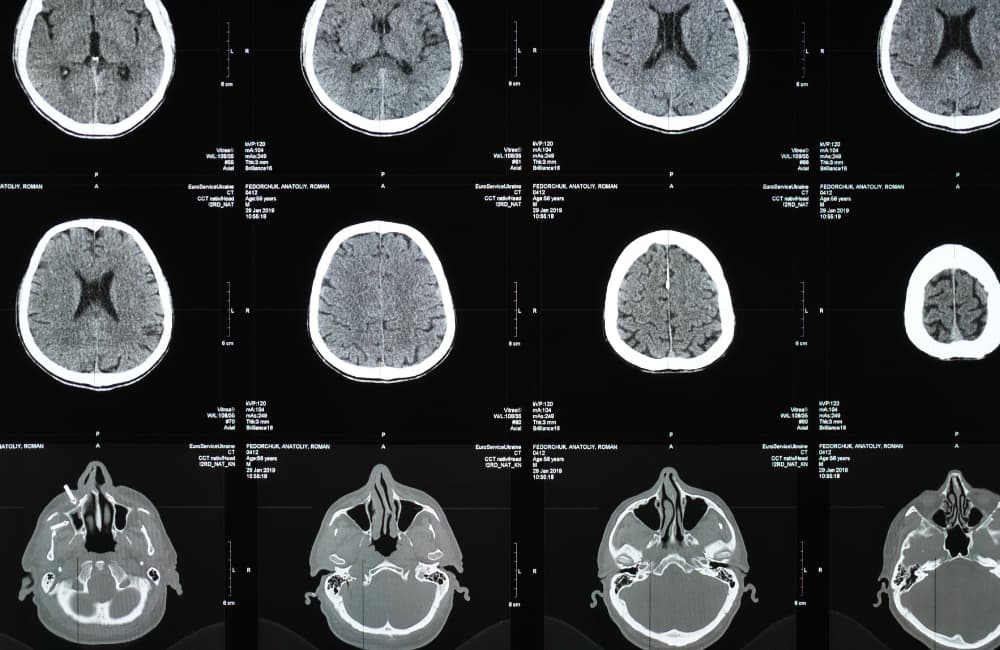New research suggests that psychedelics may be capable of more than altering consciousness; they might also play a role in calming inflammation and balancing the immune system. Scientists studying compounds like LSD, psilocybin, and DMT are finding that these molecules interact with immune pathways in ways that could reshape how we treat disease, stress, and even recovery itself.
At the same time, these discoveries raise complex questions about safety, ethics, and access. Before we get carried away by headlines about “psychedelic cures,” it’s worth slowing down to understand what the science actually shows, and what it doesn’t.
The Science: How Psychedelics Interact With the Immune System
A growing body of evidence shows that psychedelics influence not only the brain but also the body’s immune response. Researchers have discovered that compounds like LSD, psilocybin, and DMT can act on serotonin receptors found in immune cells, not just neurons. This means psychedelics could affect inflammation, stress regulation, and cellular recovery.
In one major review published in Pharmacology & Therapeutics, scientists described psychedelics as “potent anti-inflammatory agents.” In several preclinical studies, low doses of LSD or psilocybin reduced the production of pro-inflammatory cytokines—chemical messengers that drive swelling, pain, and immune overactivation.
Another recent human trial found that psilocybin decreased inflammatory markers such as TNF-α in healthy volunteers, supporting the idea that psychedelics may help restore balance in the immune system when it becomes overactive. DMT, too, has been shown to reduce inflammation in brain tissue following injury or hypoxia.
The takeaway: while these results are early, they reveal a striking overlap between psychedelics, the nervous system, and immune modulation.
Psychedelics and Inflammation: A Surprising Connection
Inflammation is a double-edged sword. It’s essential for healing injuries and fighting infections, but when it lingers unchecked, it can worsen nearly every chronic condition—from depression and anxiety to autoimmune diseases and heart problems.
The new research suggests psychedelics may help “reset” this imbalance by reducing unnecessary inflammation while still allowing the body to respond when it’s needed. For example, inflammation is strongly linked to major depressive disorder. Several studies show that psilocybin therapy can lower both depressive symptoms and inflammatory biomarkers, hinting that the two systems are more connected than we once thought.
Some scientists even believe that psychedelics’ emotional and cognitive benefits could be partially explained by their effects on the immune system. When inflammation drops, stress hormones normalize, neuroplasticity improves, and the brain can more easily form new, healthier patterns.
Still, the relationship isn’t simple. Some research shows that psychedelics might increase immune activity under certain baseline conditions, suggesting their effects are context-dependent. That’s why medical supervision and continued study are so critical.
What Psychedelic Medicine Research Tells Us (and What It Doesn’t)
It’s tempting to see psychedelics as the next wave of miracle medicine, but we’re not there yet.
So far, most studies have involved small sample sizes and controlled clinical settings. Doses, environments, and participant screening all play a role in outcomes. What happens under medical supervision with pharmaceutical-grade LSD or psilocybin can’t be directly compared to what someone might experience using an unregulated substance bought online or at a festival.
Scientists are still figuring out the dosage window where psychedelics can modulate inflammation without triggering a hallucinogenic experience. If these findings hold true, future treatments could include microdosed or non-psychedelic analogs designed purely for immune regulation—essentially separating the trip from the therapy.
For now, the most important message is that this field is still evolving. While psychedelics are showing genuine therapeutic potential, self-experimentation with unverified products is not the same as medical research.
Harm Reduction and Psychedelics: Why Context Still Matters
Even as psychedelics gain legitimacy in medicine, harm reduction remains essential. The same serotonin receptors involved in immune modulation also influence mood, perception, and cardiovascular function. In the wrong dose, or mixed with other substances, psychedelics can cause anxiety, disorientation, or even medical emergencies.
Unregulated markets introduce another layer of risk. Substances sold as LSD or DMT have often been found to contain potent analogs like NBOMe or 5-MeO-aMT—compounds that can cause dangerously high blood pressure, seizures, or negative reactions reactions. The only way to know what’s actually in a substance is to test it first.
At-home reagent kits can identify common psychedelic compounds and detect dangerous adulterants, while mail-in lab analysis offers full screenings using FTIR, LC-MS, NMR, and NIR technologies. Using these tools doesn’t just protect you, it contributes to a culture of transparency and accountability in psychedelic use.
As science explores how psychedelics may help the body heal, harm reduction keeps us grounded in reality. These substances hold promise, but they also demand respect, responsibility, and informed use. Testing, education, and open dialogue remain the most important tools for bridging curiosity with safety—because understanding what you’re taking is the foundation of every discovery.




